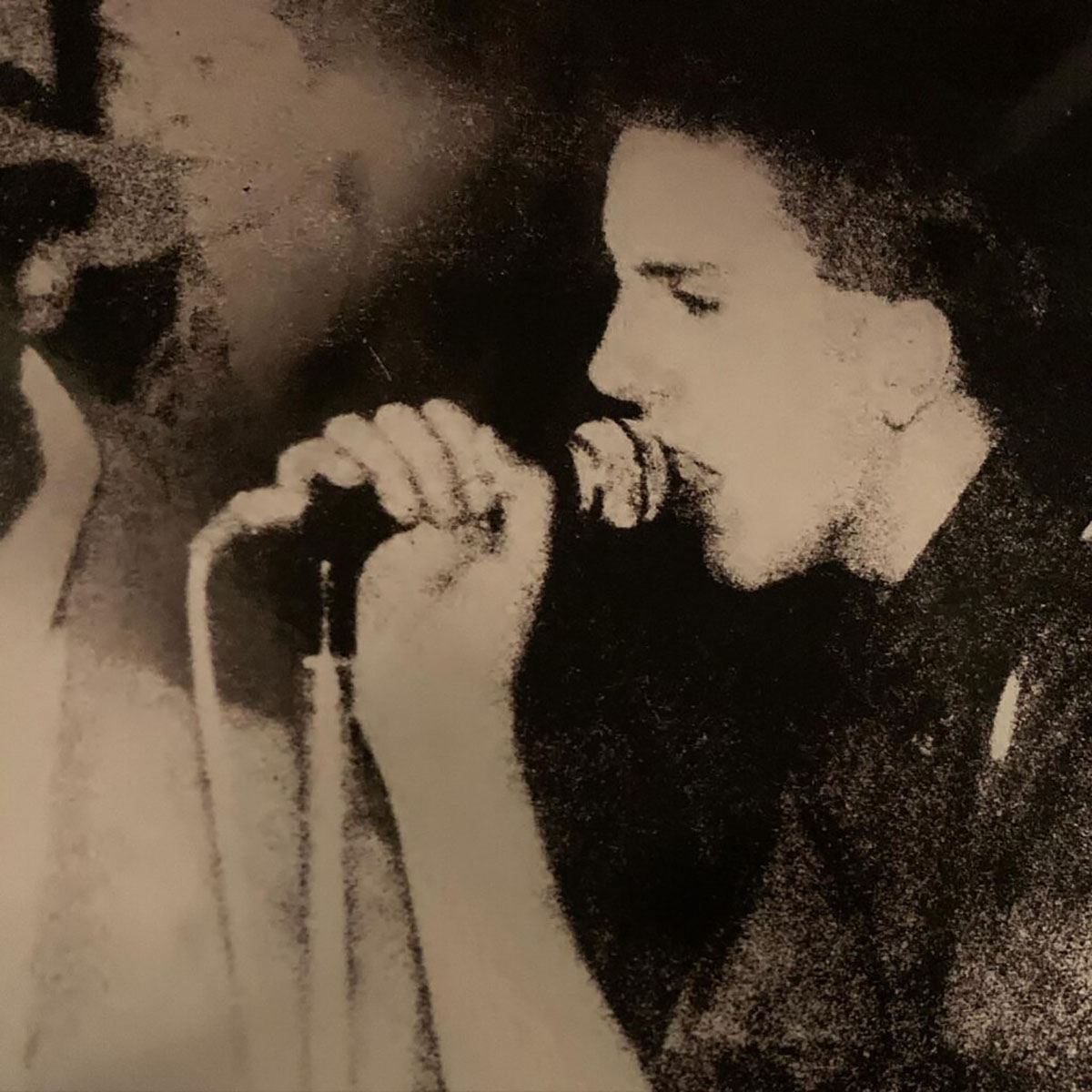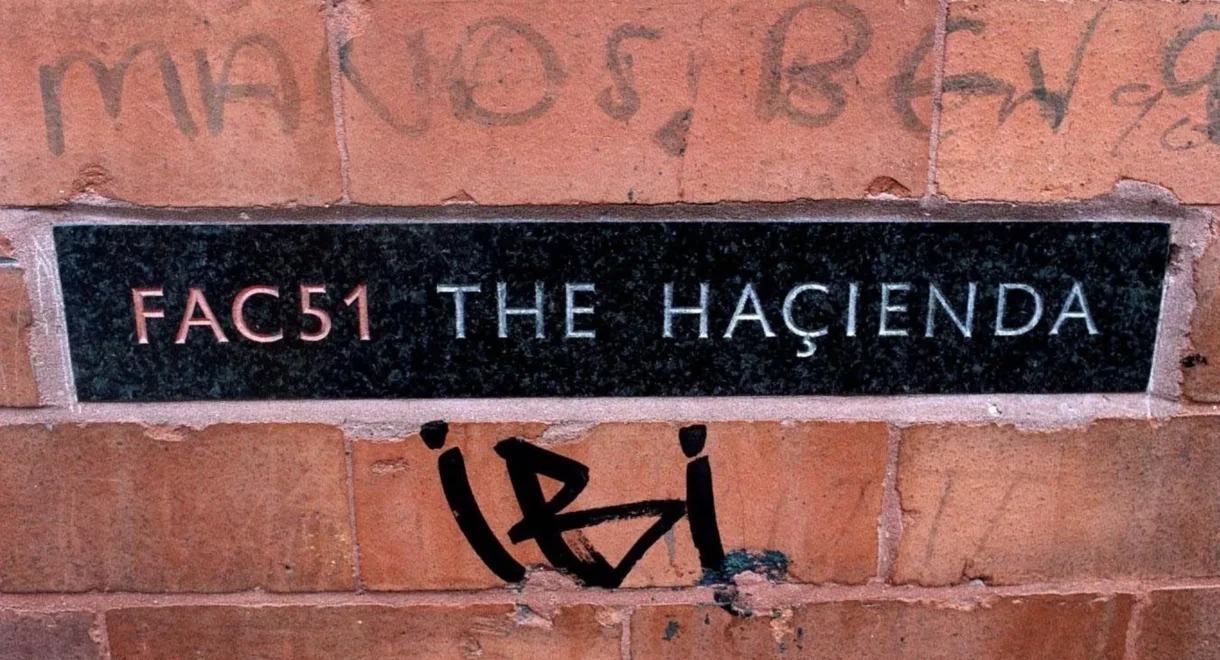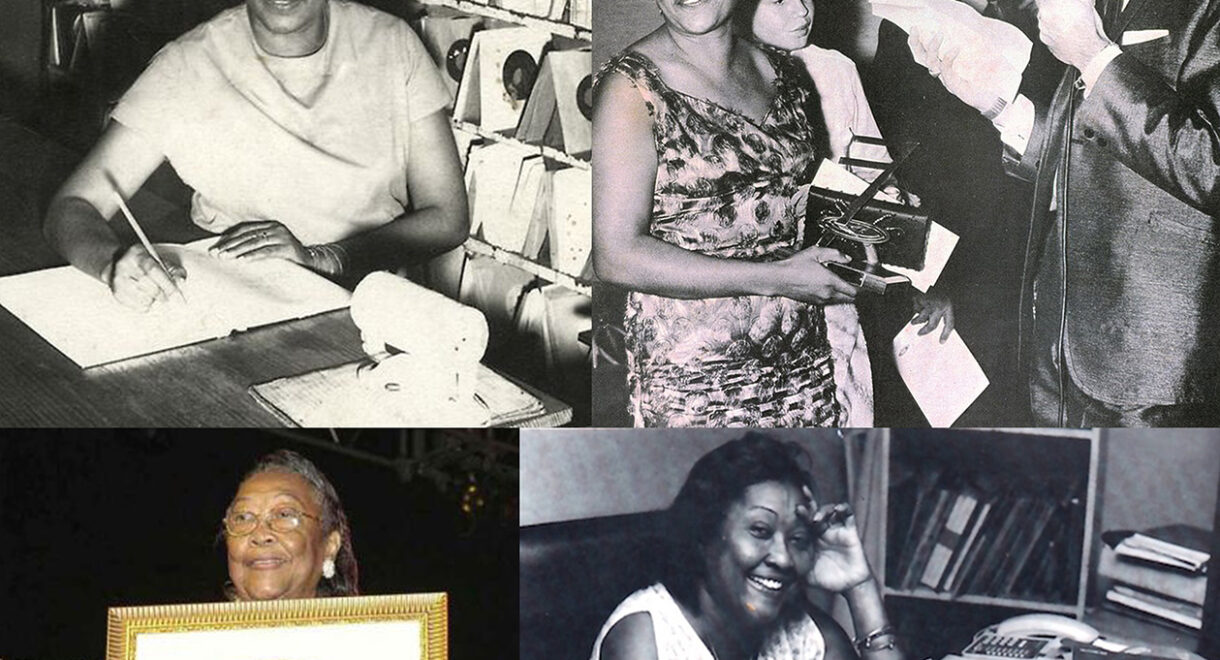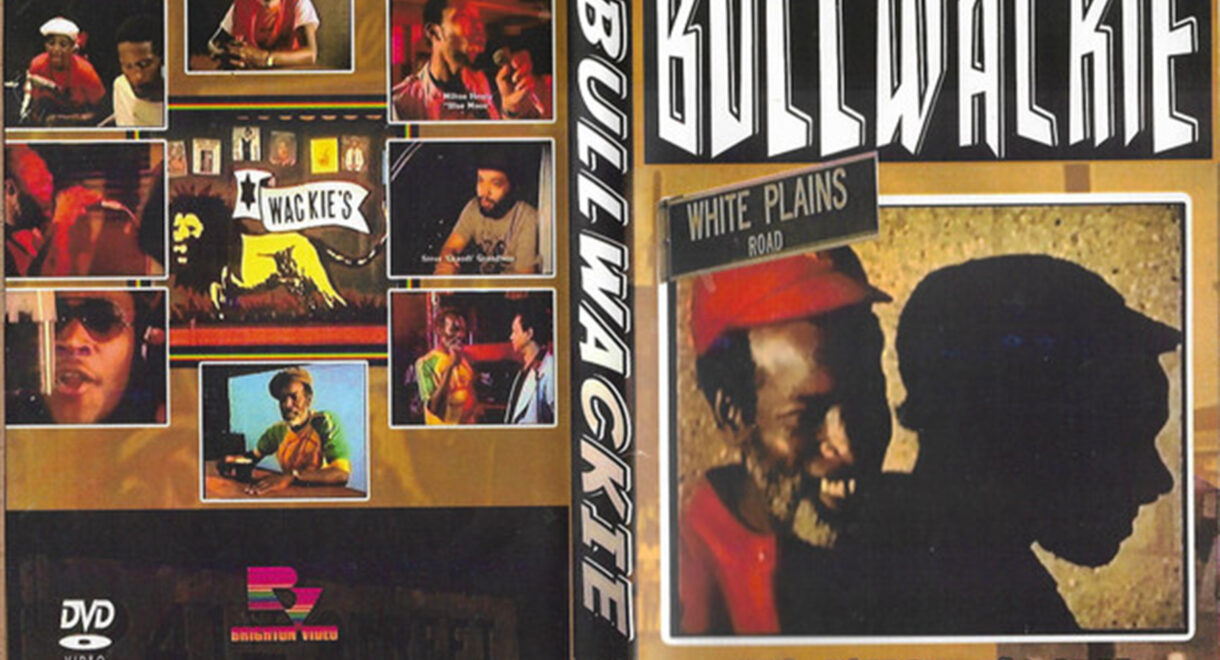The forecast is ominous: Sometime on Wednesday, the massive Hurricane Beryl, currently a category 4 storm, will likely hit Kingston, Jamaica with sustained winds of more than 145 […]
Why Terry Hall mattered: Highlights from his work with the Specials, Fun Boy Three and the Colourfield

If you notice some of your older music-head friends seeming a little out of sorts over the holidays, know that it’s because we lost Terry Hall, the co-founder of the Specials, Fun Boy Three, and the Colourfield. With a sweet falsetto that revealed a melancholy vulnerability, Hall could lay out lines about racism, poverty, and politics as if he were serenading you into understanding hard truths.
Busting out of working class Coventry, England alongside other members of the 2-Tone Records roster, including the Beat, Madness, and the Selector, the Specials created second wave ska; whether you’re a fan of third-, fourth- or fifth-wave ska, the way that Hall, Lynval Golding, Jerry Dammers, Neville Staples and band injected explosive post-punk energy into a genre that was, until then, the sole domain of pre-reggae Jamaica, created a template that over the decades has spawned generations of (mostly so-so) ska-punk bands, as well as future producers drawn to the band’s defiant energy.
The Specials’ self-titled debut is a punk record masquerading as a ska record, or vice versa. Released after Jamaican expats had firmly established a soundsystem culture they’d exported from Kingston to the UK – Jamaica is a former British colony – and punk spirit had shattered the status quo, The Specials ignited a movement.
The second record, More Specials (1980), is even better, filled with synth-drum accents, less reliance on ska’s defining off-beat rhythm, and an overall spirit of experimentation driven by keyboardist-producer Dammers’ vision. He described the production as “a DIY punk appropriation of Muzak.” Hall’s work on More Specials fuels its expansiveness, even if the band was on the verge of dissolving as they were making it.
As England plummeted into an economic depression while simultaneously dealing with far-right racist party the National Front, the Specials released “Ghost Town,” their crowning achievement. Hall has never sounded more heartbroken as he sings about neighborhoods where “all the clubs have been closed down” and “bands won’t play no more – too much fighting on the dance floor.”
After leaving the Specials not long after, singers Hall, Golding, and Staples formed Fun Boy Three. By then they’d moved beyond ska to focus on various rhythmic approaches. Their self-titled debut is a lesser known gem, one with jumbo rhythms built for stomping on the dance floor. From a political perspective, the lyrics sound as relevant today as they did four decades ago.
Produced by David Byrne, Fun Boy Three’s second album, Waiting, contains some bangers, most notably their take on “Our Lips Are Sealed,” which Hall co-wrote with then-girlfriend Jane Wiedlin of the Go-Go’s. They had a hit with it, but FB3’s version is a whole other animal.
You can find the music video here, but to fully appreciate Fun Boy Three’s take, dig into the extended version. Issued as a remix on the b-side of the 12-inch, “Our Lips Are Sealed (Extended Version)” travels in directions you’d never have expected from guys who came up playing ska. At more than six minutes, it bangs from start to finish.
After his passing, Peanut Butter Wolf posted a lovely ode to Hall on Instagram, as well as photos of a young Wolf sporting a Hall-style mushroom-top haircut: “I literally idolized you in high school (along w/ Schoolly D) and even rocked the mushroom cut for my senior yearbook picture, much to the chagrin of my mom and the ridicule of the jocks and cheerleaders,” wrote Peanut Butter Wolf. “To finally get to meet you through IG last year and interact from time to time gave me that adrenaline rush I used to get as a teenager over your music. Sad we never met in person, but so thankful for the social media acquaintanceship and more importantly for the inspiration you gave teenage me when I was trying to figure it all out.”
Fun Boy Three split after two albums and in 1984 Hall formed the Colourfield. Drawn from Serge Gainsbourg-ian French chanson balladry of the 1960s and ’70s, the Colourfield offered further evidence of Hall’s range.
In 1996, Hall appeared as part of the project Nearly God with Tricky and Martina Topley-Bird. The Tricky-led project resulted in “Poem,” a deeply stoned downtempo track that’s ripe for rediscovery – like all of Hall’s recordings.










